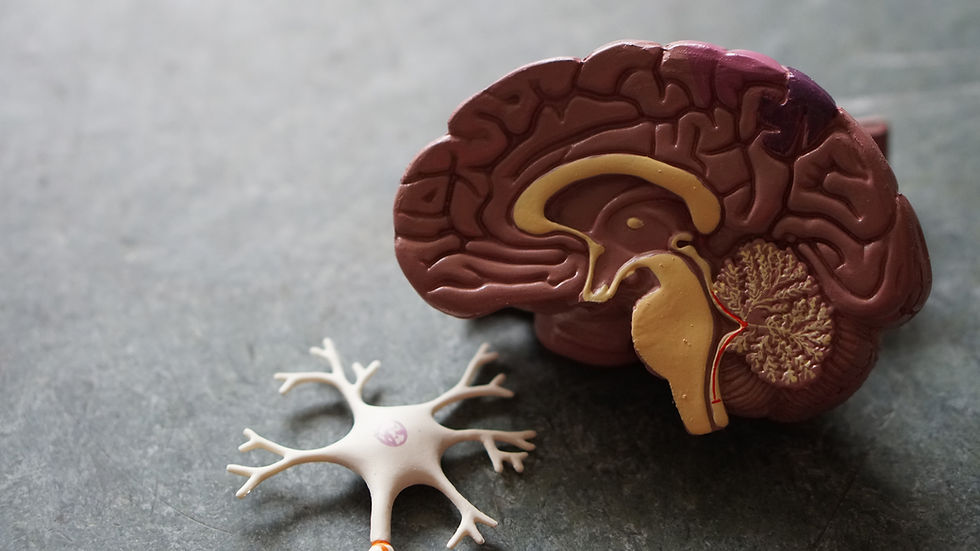Understanding Elder Abuse: Recognizing the Signs, Preventing Harm, and Supporting Our Seniors
- F3 Digital Marketing
- Jun 1
- 3 min read

Elder abuse is a heartbreaking but often hidden issue affecting millions of older adults each year. It can take many forms—physical, emotional, financial, or neglect—and often occurs in trusted relationships, including within families or caregiving arrangements. At In Home Angels, we believe every senior deserves to feel safe, respected, and valued. In this blog, we explore how to recognize elder abuse, how to help prevent it, and what steps you can take to support a loved one in need.
What Is Elder Abuse? Understanding the Types
Elder abuse refers to any act—or failure to act—that causes harm or distress to an older adult in a relationship where there is an expectation of trust. Common forms include:
Physical Abuse: Inflicting pain or injury through hitting, pushing, or restraining.
Emotional or Psychological Abuse: Verbal threats, intimidation, humiliation, or isolation.
Financial Exploitation: Misuse or theft of an elder’s money, property, or assets.
Neglect: Failure to provide food, hygiene, medication, or basic care.
Abandonment: Leaving a dependent senior without care or support.
Recognizing that abuse can go beyond physical harm is key to identifying situations where a senior's wellbeing may be at risk.
Why June 15 Matters: World Elder Abuse Awareness Day
Observed annually on June 15, World Elder Abuse Awareness Day (WEAAD) calls attention to the global issue of elder mistreatment. It encourages families, communities, and care providers to advocate for seniors’ rights and take meaningful action to prevent abuse.

How to Spot the Signs of Elder Abuse
Early detection can make a significant difference. Here are some signs that may indicate elder abuse:
Physical Signs
Unexplained bruises, burns, or fractures
Poor hygiene or signs of malnutrition
Missing medical aids or medications
Emotional and Behavioral Signs
Withdrawal from family or social activities
Sudden mood changes or increased fearfulness
Unusual depression or anxiety
Financial Red Flags
Sudden changes in banking activity or spending
Missing belongings or unpaid bills despite resources
Changes to wills or power of attorney without explanation
If you observe any of these signs, trust your instincts and seek help.
The Growing Impact of Elder Abuse
In the U.S., 1 in 10 adults over the age of 60 experiences some form of abuse or neglect. Tragically, most cases go unreported, leaving many seniors vulnerable and isolated. As a trusted home care provider, In Home Angels encourages everyone to stay informed and proactive in protecting seniors.
How You Can Help Prevent Elder Abuse
Preventing elder abuse starts with awareness and action. Here are ways you can make a difference:
Stay Connected: Regular visits and check-ins help reduce isolation, a key risk factor.
Educate Yourself: Learn to recognize the warning signs and take them seriously.
Report Concerns: Contact Adult Protective Services or your local authorities if you suspect abuse.
Choose Quality Care: Work with trusted home care agencies like In Home Angels that prioritize compassion, safety, and advocacy.
Partnering with In Home Angels to Keep Seniors Safe
At In Home Angels, we are deeply committed to the health, dignity, and happiness of every senior we serve. If you have questions or concerns about a loved one’s care, or want to learn more about how our team ensures a safe and nurturing home environment, contact us today.
Together, we can protect our elders and ensure they live their golden years with the respect and care they deserve.




Comments